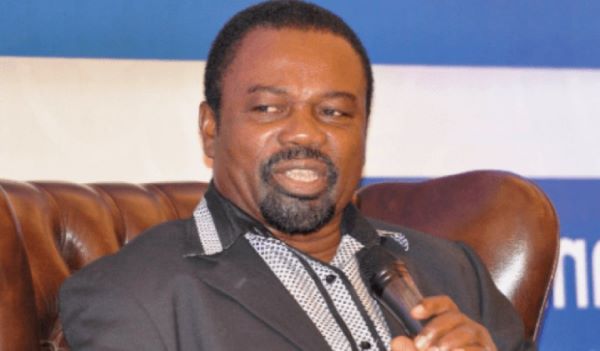The recent cedi gains may be short-lived if the government fails to implement meaningful export reforms, warns Dr. Vladimir Antwi-Danso, Senior Fellow at the Institute of Economic Affairs (IEA).
Speaking at a press briefing in Accra on May 27, Dr. Antwi-Danso said the cedi could relapse by December unless Ghana boosts local production and shifts to an export-driven economy.
“We’re not stabilizing permanently. By December, I believe we will relapse. This isn’t political, it’s a technical observation. It’s too early to celebrate the Cedi’s appreciation,” he stressed.
Export Reforms Key to Long-Term Currency Stability
Dr. Antwi-Danso called on policymakers to move beyond temporary fixes like currency interventions. Instead, he urged a national shift toward industrialization, value addition, and export competitiveness.
“Our forex gains and Cedi appreciation aren’t the solution. Ghana must transition into an export economy to achieve true stability,” he added.
His warning comes a day after Bank of Ghana Governor Dr. Johnson Asiamah said the cedi had appreciated 24.1% against the US dollar, attributing the performance to prudent monetary policy, forex market reforms, and stronger remittance inflows.
“We’re not using reserves to prop up the Cedi, and there’s no exchange rate manipulation,” Dr. Asiamah stated at the Ghana CEO Summit.
Despite the current optimism, Antwi-Danso’s comments echo growing concerns among economists: Ghana’s economy remains vulnerable to external shocks and cyclical currency swings without structural change.
The IEA’s message is clear: only production and export reforms can anchor the Cedi and deliver lasting economic stability.







